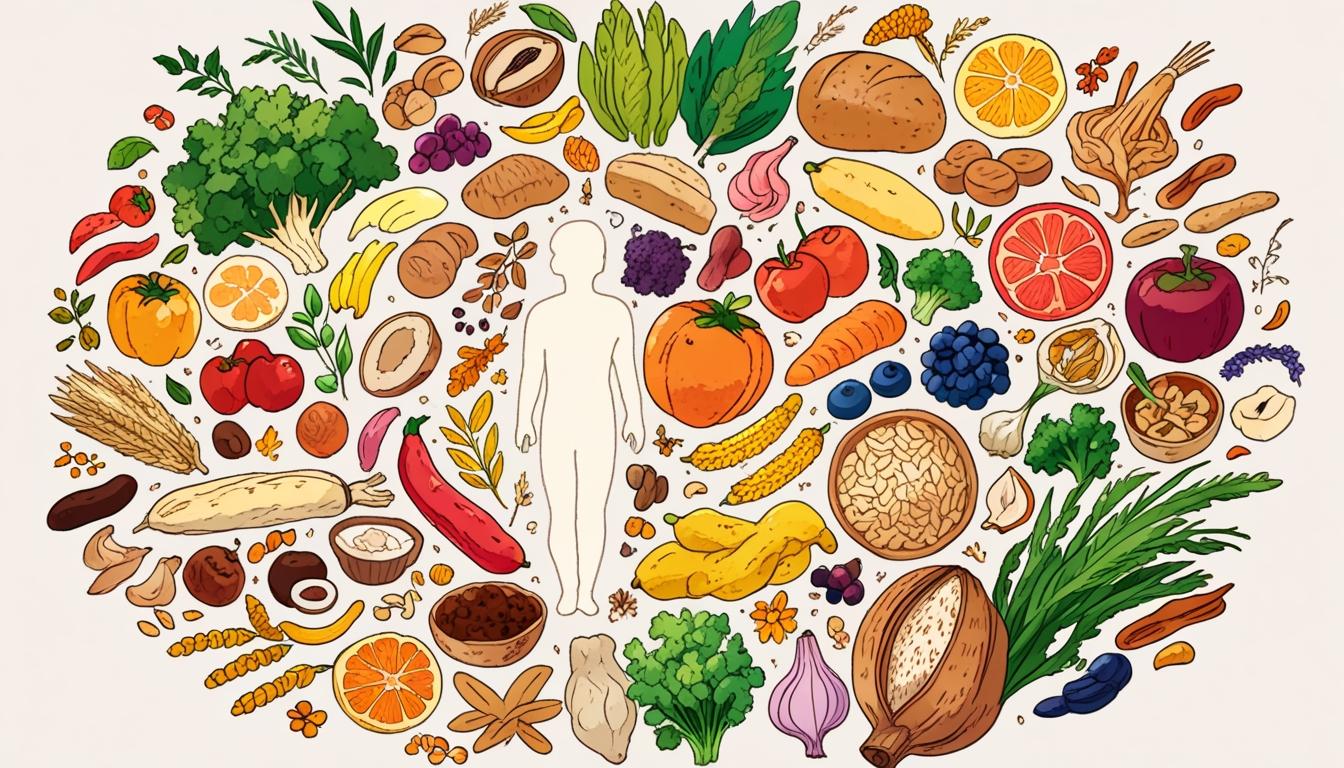Despite significant advances in medical science, heart disease and cancer remain the leading causes of death in the United Kingdom, claiming over 300,000 lives annually. A notable and concerning trend has emerged, with certain cancers, particularly bowel cancer, increasing among younger populations. Research indicates that individuals born in 1990 are now three times more likely to develop certain tumours compared to older generations.
Professor Tim Spector, who leads the UK portion of an international research project at King’s College London, is investigating the troubling rise in bowel cancer cases among young people and its connections to dietary habits. His work focuses on the relationship between food intake and the risk of developing such diseases, highlighting a significant and often overlooked aspect of nutrition: fibre consumption.
Fibre, a type of carbohydrate found naturally in plant-based foods such as wholegrain cereals, beans, pulses, nuts, seeds, fruits, vegetables, wholewheat pasta, wholegrain bread, and potatoes with skins, plays a crucial role in overall health. Unlike other carbohydrates like sugar and starch, fibre is not digested in the traditional sense; instead, it is broken down by gut microbes. These gut bacteria, which form the gut microbiome, convert fibre into beneficial compounds, including short-chain fatty acids, which help reduce inflammation—a key factor linked to heart disease and cancer.
Today, however, fibre intake among UK adults is worryingly low. While the recommended daily fibre consumption is around 30 grams, less than 10% of the population meet this target, averaging approximately 20 grams a day instead. This shortfall is a relatively modern phenomenon because the diets of past populations included a wider variety of fibrous fruits, vegetables, nuts, seeds, and pulses. The shift toward processed and artificial foods, which often lack fibre due to their longer shelf lives and consumer preferences, has contributed to this deficiency.
Professor Spector expressed concern about the lack of public awareness regarding fibre’s importance and the government’s inactivity in promoting it. “An NHS advertising campaign educating Britons on the importance of fibre and how to get enough of it could make a massive difference,” he said, noting that such a campaign has never materialised.
Research reveals that each additional gram of fibre consumed daily may reduce the risk of early death by 14%, an impact comparable to eating a simple piece of rye toast. The protective effects of fibre are mostly thought to derive from its influence on the gut microbiome and its ability to lower inflammation, which otherwise may persist chronically and contribute to disease.
Beyond long-term health benefits, adequate fibre intake also delivers immediate advantages, such as reduced heartburn, improved digestion, lower incidence of mental health problems, and better resistance to common infections like colds and flus. To optimise gut health, a diversity of fibre types is necessary, as different gut bacteria utilise specific fibres.
To address this issue, Professor Spector and his company ZOE have developed a product called Daily30+, a wholefood supplement containing 30 types of plants, 35 forms of fibre, and numerous bioactive plant chemicals. This supplement, which includes a mix of spices, mushrooms, seaweed, nuts, and seeds, is designed to provide fibre types that are often missing from typical diets in a convenient form that can be added to everyday meals.
Prior to its release, clinical trials demonstrated that Daily30+ increased energy levels and reduced hunger for most participants, likely due to its high fibre content. However, the professor emphasises that the supplement is not intended as a meal replacement or green shake but as an easy addition to foods such as avocado on toast, salads, or roasted vegetables.
Professor Spector invites people to improve their fibre intake through accessible means: “Just by eating a few more pieces of fruit and vegetables, switching to brown toast and adding some nuts and pulses to your daily diet, you will be taking steps towards a healthier body and a longer life.”
The Daily Mail reports on these findings and the ongoing research into diet, gut health, and disease prevention in the UK, highlighting the importance of fibre as a key component for reducing the risk of heart disease and cancer, particularly bowel cancer in younger people.
Source: Noah Wire Services
